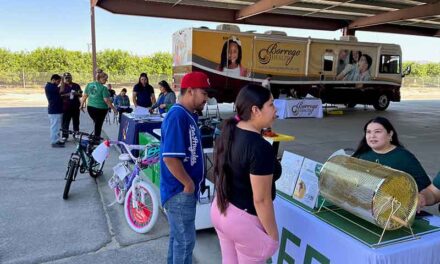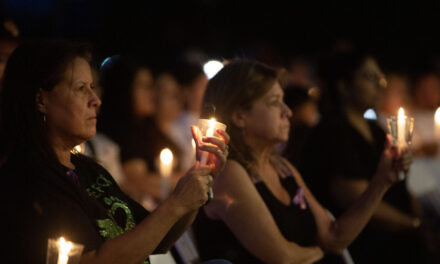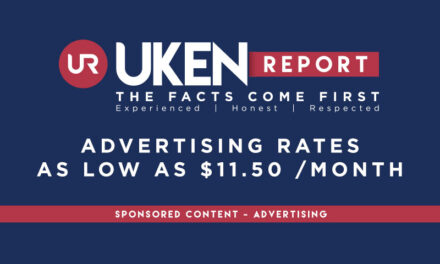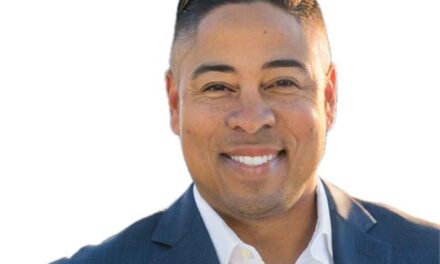PALM DESERT — HARC, a nonprofit research and evaluation firm in Palm Desert has launched the fifth iteration of its critical population health survey known as the Coachella Valley Community Health Survey.
Anyone who has a cellphone or a landline, could be called to answer questions related to important health topics, according to a news release. On behalf of HARC, interviewers from Kent State University will be making phone calls from January to June. Each week, HARC will randomly select a new participant to receive a $100 Visa gift card.
The survey is a population health study that allows HARC to estimate the prevalence of health conditions, behaviors, major diseases, mental health, and much more for the entire Coachella Valley region. HARC also collects general demographics to more closely examine group differences, such as gender, race/ethnicity, and age. For example, HARC can estimate how many people need mental health care, but can’t get it, and which demographics are most impacted. Because this survey will be the fifth iteration, there will also be many areas that allow for examining trends of health characteristics over the past decade.
The survey is conducted via random-digit-dialing to minimize biased sampling and improve representativeness of the overall population, according to the news release. In other words, anyone in the Valley with a cellphone or a landline has an equal chance of being called to take this 22-minute survey. Those who participate in the survey help HARC to estimate critical health information for both adults and children. Data are collected over a period of six months and then weighted using data from the U.S. Census Bureau’s American Community Survey.
Once data collection is finished and HARC has analyzed and written the report of findings, everyone in the Valley will have access to this information for free. In fact, HARC produces a hard-copy report, conducts presentations, and uploads the data to HARC search, an online and user-friendly database.
Why is the survey important?
There is plenty of data available on the health of residents in California as well as Riverside County. However, the state and the county as a whole have a significantly different story to tell compared to the Coachella Valley. Because of that, data at the Coachella Valley level is collected and analyzed to accurately reflect the needs of our local community.
Local organizations including nonprofits, governments, educational institutions, hospitals, and healthcare providers use HARC’s data to prioritize health needs in the community, develop programs to meet those needs, make compelling cases for funding, and for research purposes. Essentially, the data can help by identifying what the needs are and which groups need help. In fact, for HARC’s most recent 2016 version, local organizations brought in over $1.5 million in the first year since the results were released (January 31, 2017 to February 2018), citing HARC’s data.
Anyone who receives a call from Kent State University is strongly encouraged to take the time to take the 22-minute confidential survey. Sharing your story helps the Valley as a whole to improve the health and quality of life in the region. All who participate have a chance to receive a $100 Visa gift card, which will be distributed on a weekly basis.
About HARC
HARC is a nonprofit 501(c)(3) organization based in Palm Desert, CA. HARC provides research and evaluation services in the field of health, wellness, and quality of life, with a special focus on the Coachella Valley. To learn more about HARC, visit www.HARCdata.org
The Coachella Valley Community Health Survey is made possible by funding from Alzheimers Coachella Valley, City of Cathedral City, City of Coachella, City of Desert Hot Springs, City of Palm Desert, City of Palm Springs, Desert AIDS Project, Desert Care Network: Desert Regional Medical Center & JFK Memorial Hospital, Desert Healthcare District, Eisenhower Health, First 5 Riverside, Inland Empire Health Plan (IEHP), RAP Foundation, Riverside University Health System – Behavioral Health, Riverside University Health System – Public Health, and several generous private donors.







